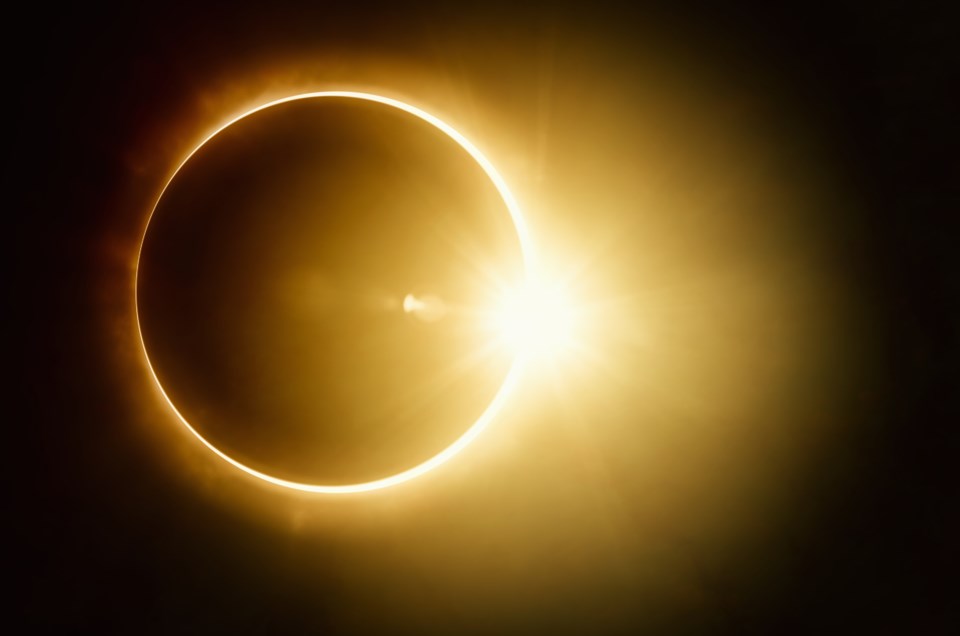Residents of North Texas are eagerly anticipating an extraordinary cosmic occurrence: the total solar eclipse will grace the skies on Monday, April 8, 2024. But how will the Texas power grid hold up?
According to the Electric Reliability Council of Texas (ERCOT), its team has worked on forecasting models to reflect reduced solar power production, similar to a sunset and sunrise in the middle of the day. Forecasts by ERCOT suggest solar generation on the day of the eclipse could drop from 99.2% around noon to about 7.6% by about 1:40 p.m.
ERCOT created an 11-day strategy to prepare its power supplier marketplace for the upcoming eclipse, beginning on March 28. Prior to the event, ERCOT intends to issue notifications to its network of suppliers and concurrently monitor weather conditions that might result in heightened demand on the state power grid.
“ERCOT is working with solar forecast vendors to ensure the forecasting models account for the impact of the eclipse,” ERCOT said in a report. “ERCOT will pre-posture the system as necessary to meet both the down and up solar ramps and use Ancillary Services for additional balancing needs.”
As of now, ERCOT does not expect any grid reliability concerns during the eclipse. However, ERCOT will continue to monitor conditions and keep the public informed through communication channels.
Data provided by the Texas Comptroller reveals that in 2023, solar energy emerged as one of the fastest-growing energy sectors within the state, constituting approximately 23% of the renewable energy generated. Solar power accounted for roughly 6% of Texas's total electricity supply in 2022.
NASA confirms that this remarkable event, marking the final total solar eclipse visible from the United States until 2044, guarantees a mesmerizing spectacle as the Moon traverses between the Sun and Earth, casting its shadow across the region.
The eclipse's trajectory will traverse the Dallas-Fort Worth area, commencing at approximately 1:39:56 p.m. The shadow will gradually engulf Fort Worth and Dallas around 1:40:12 p.m. before extending toward Plano. By approximately 1:41:35 p.m., the phenomenon will hit Frisco, followed closely by McKinney at 1:41:48 p.m. The total eclipse is expected to linger for a duration of up to 4 minutes and 27 seconds.
To find the best places to watch the solar eclipse, visit the link here.
Don't miss anything Local. Sign up for our free newsletter.




